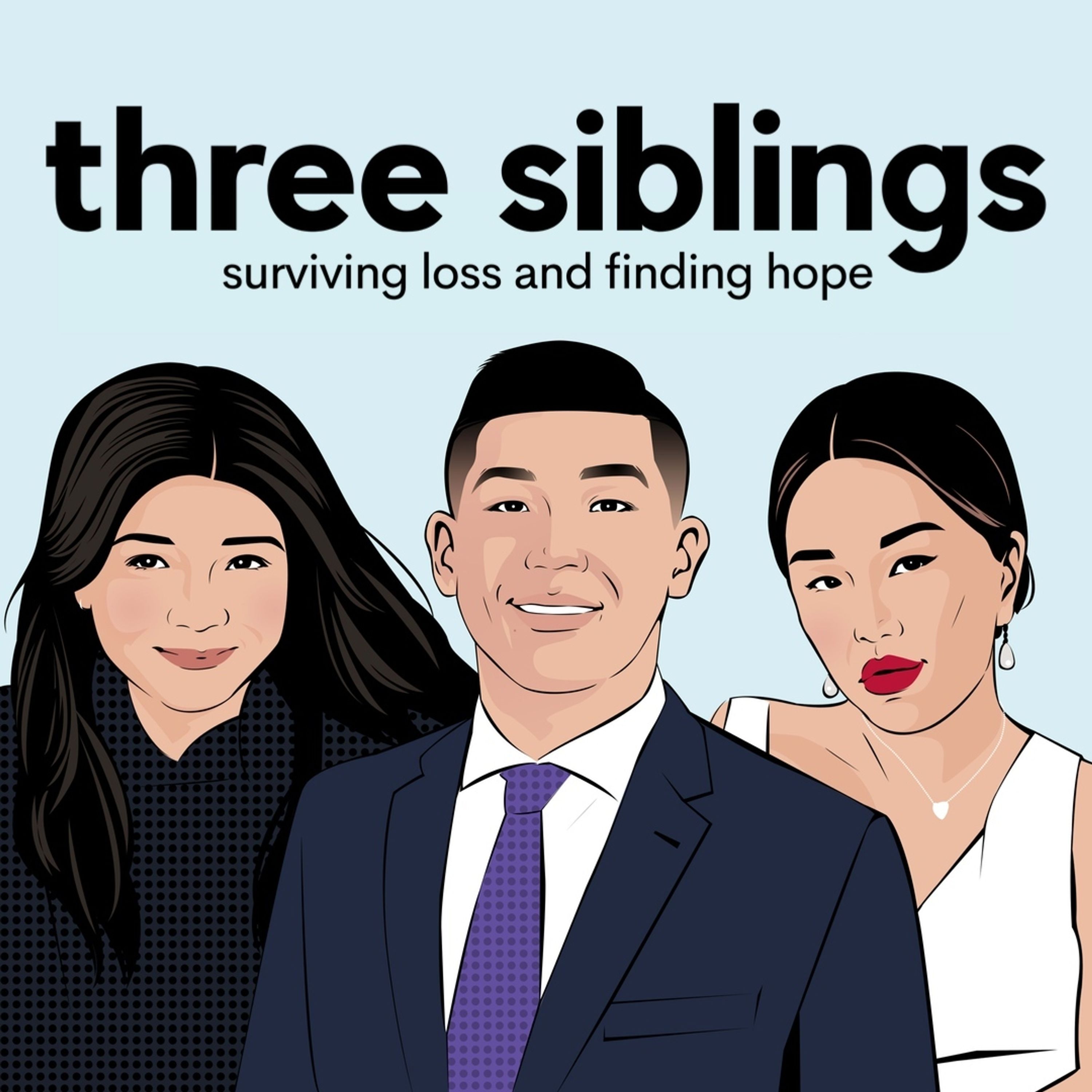Is mental health still a taboo topic in traditional Asian households? The podcast episode "Overcoming the Challenges of Observing Ramadan" delves into this issue with guests Fahad and Zarin Raza. They discuss the significance of Ramadan, the mental and physical toll of fasting, and the impact of cultural and generational differences on mental health discussions, specifically within the Asian community.
Growing up in traditional Asian households, both Zarin and Fahad were not exposed to open discussions about mental health. As they grew older and became more independent, they started reflecting on their experiences and challenges, and have since become more comfortable addressing mental health issues. This is partly because of the strong friendships and support systems they have built, which have allowed them to share their experiences and learn from each other.
The podcast also delves into the challenges and significance of fasting during Ramadan. Fasting from food and water, abstaining from bad deeds, and committing to prayer and reflection are all part of the process. Personal experiences with observing the fast reveal its mental and physical toll, which can be compared to the 75 Hard workout regimen. Navigating fasting in Western society requires empathy and understanding from non-Muslims, promoting awareness and appreciation for Ramadan's importance.
Breaking fast during Ramadan with barbecue, facing challenges of fasting, and testing mental and physical discipline are discussed. A funny moment arises when asking about using a nicotine pouch during fasting. Abstaining from all vices during Ramadan is emphasized as a rewarding experience.
Observing Ramadan impacts mental health, with personal challenges and shifting perspectives on fasting and spirituality. The female experience during Ramadan and the stigma surrounding menstruation in certain cultures are also discussed. Despite difficulties, there is value in pushing limits and gaining discipline through the experience.
Fasting during Ramadan presents challenges, including effects on sleep and emotions, and requires meal planning and mental fortitude. Mental health is important, and individuals should find what works for them, similar to physical fitness. Having a support system and open conversations about mental health can reduce stigma.
Learning about fasting and Ramadan helps understand and relate to different cultures and religions. Sharing meals with loved ones deepens connections, and celebrating diversity is valuable.
This podcast episode emphasizes the importance of normalizing mental health discussions within families and communities, as well as appreciating and learning from cultural differences. It reminds us of the power of friendship, support, and empathy in overcoming challenges and fostering mental well-being.
Top ten takeaways:
- Mental health discussions were not common in traditional Asian households, but have become more comfortable to address as adults.
- Normalizing conversations around mental health within families is important, as well as avoiding comparisons of one's own grief or mental health to others.
- Cultural and generational differences impact mental health discussions, particularly in the Asian community.
- Ramadan challenges and significance involve fasting from food and water, abstaining from bad deeds, and committing to prayer and reflection.
- Personal experiences with observing the fast reveal its mental and physical toll, comparing it to the 75 Hard workout regimen.
- Navigating fasting in Western society requires empathy and understanding from non-Muslims, promoting awareness and appreciation for Ramadan's importance.
- Observing Ramadan can impact mental health, with personal challenges and shifting perspectives on fasting and spirituality.
- The female experience during Ramadan and the stigma surrounding menstruation in certain cultures can also impact mental health.
- Despite difficulties, there is value in pushing limits and gaining discipline through the experience of fasting during Ramadan.
- Having a support system and open conversations about mental health can reduce stigma and create a more understanding environment.






